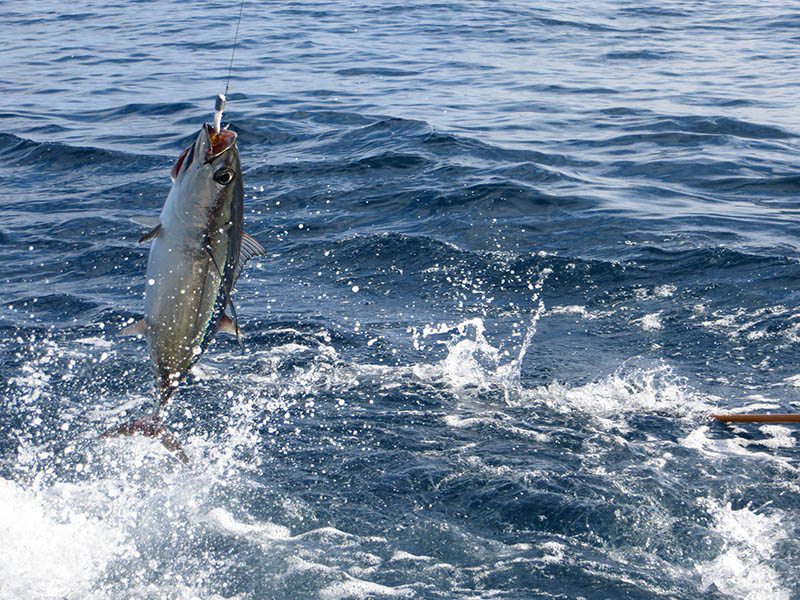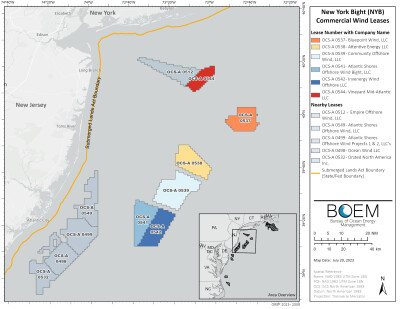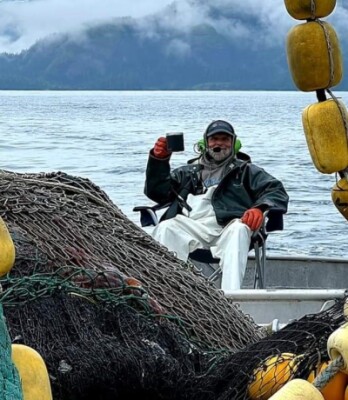Oregon state lawmakers are proposing a bill which would provide nearly $2 million to study and respond to the effects of rising ocean temperatures, low oxygen levels and ocean acidification, according to a report in the Statesman Journal last week.
Thirty percent of man-made carbon dioxide is absorbed by the ocean, which causes the water to become more acidic, the report said. The change in ocean pH levels has made it difficult for animals like crabs, oysters, and shrimp to make their shells, which could be a blow to the state’s shellfish industry.
Senate Bill 260 would provide $1.9 million from the state’s general fund to respond to the problems caused by climate change.
If the bill passes, the state’s Department of Fish and Wildlife would receive $470,000 to map and assess estuaries – most existing research on acidification and hypoxia (low oxygen levels) has been done offshore.
Oregon State University would receive $370,000 to conduct projects concerning shellfish breeding and ocean sampling and monitoring.
The Oregon Ocean Science Trust would receive the lion’s share of the funding, $1.06 million, which would be used for seven different projects, including modeling of aquatic vegetation, acidification and hypoxia monitoring, and a communications plan.
The bill is currently in the state’s Joint Ways and Means Committee, and is part of a larger action plan established by a legislature-created task force in 2017.
State Senator Arnie Roblan, who is one of the bill’s sponsors, noted that the proposal does not fund everything suggested in the action plan. Instead, it’s a “short list of things we should do today.”
“Now is the time to get going and start investing in finding the answers and finding out what we can do as a state to ease the impacts of the things we already know are happening,” Roblan said.
This story was originally published in Seafood Source and is republished here with permission.







